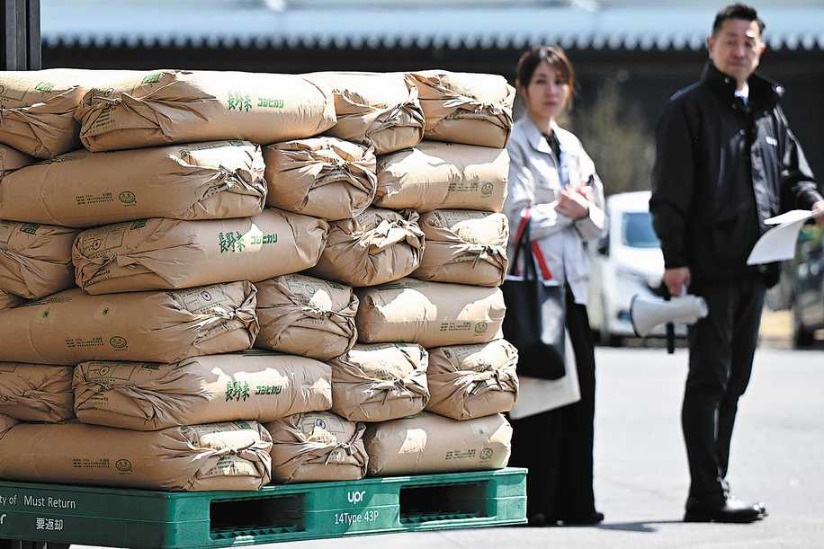Tariffs' impact on ag exports raises concern


A Washington state commerce official said that while trade imbalances are a legitimate concern, tariffs have historically harmed the state more than they've helped.
"Tariffs often function as a tax on American consumers and businesses," said Joe Nguyen, state commerce director, in an interview with Seattle's public radio station KUOW. "We've found that nearly 93 percent of tariffs are passed on to consumers, driving up costs."
Nguyen expressed particular concern for agricultural communities, which depend on global exports for apples, cherries and hops. He emphasized the need for predictable trade policies to foster economic stability.
"Washington state can't fully insulate itself from reckless federal policies. Trade decisions made on a whim have global consequences. Our focus must be on protecting local businesses, workers and consumers as much as possible," Nguyen said.
Washington, one of the most trade-dependent states in the nation, relies heavily on international commerce, with 40 percent of its jobs tied to trade and approximately $60 billion in annual exports.
China is Washington state's third-largest export market, according to a fact sheet released by US Senator Maria Cantwell. The 2023 Washington-grown or processed food and agriculture exported to China was valued at $857 million.
"When retaliatory tariffs strike our farmers, just as they did in the first Trump administration, it's not going to be fun. It's going to be a nightmare for our farmers," Cantwell said in a Senate meeting on March 4.
Oregon Treasurer Elizabeth Steiner said the tariffs could increase inflation, trigger job losses and slow long-term economic growth.
"Government should be predictable and steady. Businesses and families rely on rational policymaking," Steiner said.
Economists estimate the tariffs on Canada, Mexico, and China — three of Oregon's top four export markets — could cost households an additional $1,200 annually.
"For too many Oregonians, budgets are already stretched thin. An unasked-for $1,200 expense is unsustainable, especially for families struggling to save," Steiner said.
In 2024, Oregon exported $34 billion in goods, with nearly half going to Mexico ($6.3 billion), China ($5.9 billion) and Canada ($3.3 billion). Any disruption to those markets would have far-reaching consequences for the state's economy, Steiner said.
An industry expert also expressed concerns, saying that the US lost long-term market share in China's fresh produce sector due to the trade war, and regaining it requires more than just lifting tariffs. Structural changes in global supply chains and China's strategic diversification could mean the damage may be permanent.
"While we may want to bifurcate the agricultural relationship, they do not want to bifurcate that relationship," said Alexis Taylor, chief global policy officer at the International Fresh Produce Association, at a food policy summit in Washington DC on March 17.
"It is interconnected because they know it is leverage in the United States as well. I think what China saw in 2017, '18 is the US wasn't a reliable trading partner, and that they needed to diversify their suppliers," she said.
Taylor said that more and more of Brazil's production is coming online, such as corn, soy and beef. She said China is opening new market access to Brazil because it is a new supply chain.
"When I look at the numbers from the fresh fruit and vegetable exports, we (the United States) haven't recovered from that trade war with China," she said. "On average from 2005 to 2017, we were exporting about $500 million or $450 million worth of products."
Taylor said that has dropped on average to $200.36 million worth from 2020 to 2024.
"So, when you lose some of these markets, it's very hard to get them back," Taylor said, adding that businesses "will look for alternative supplies and then they stay with those alternative supplies. And I think we've seen that in China."
lindadeng@chinadailyusa.com































